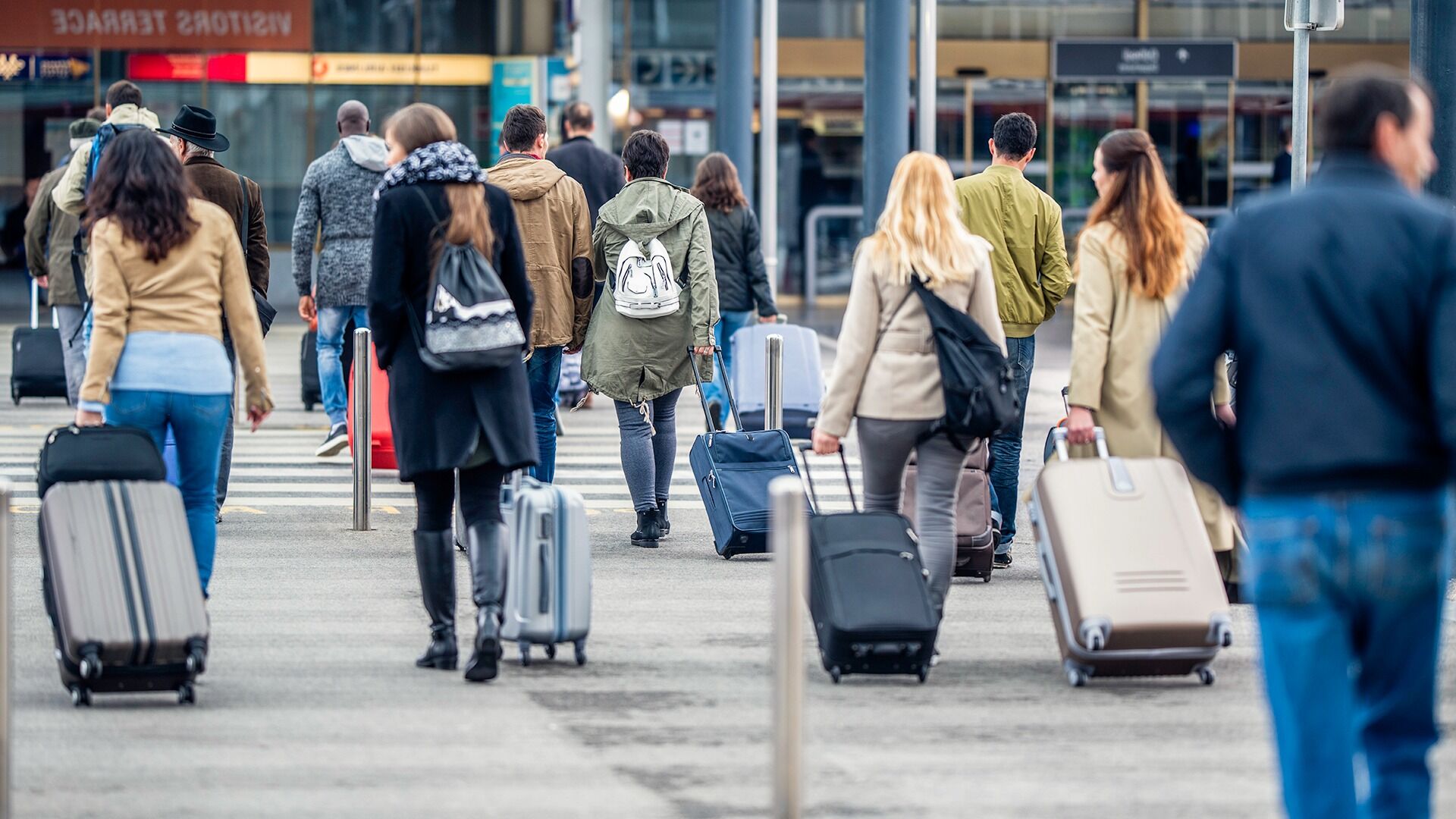
Why is passenger demand important? Passenger demand is crucial because it directly influences transportation systems, economic growth, and urban planning. When more people need to travel, it can lead to better public transport services, more flights, and improved infrastructure. This demand helps businesses decide where to build new stores or offices, creating jobs and boosting local economies. It also affects how cities plan roads, train stations, and airports to make travel smoother and faster. Understanding passenger demand helps reduce traffic jams, cut down on pollution, and make travel safer. In short, passenger demand shapes how we move and live, making it a key factor in building better communities.
Understanding Passenger Demand
Passenger demand is a fascinating topic that touches on economics, technology, and human behavior. It affects how we travel, the cost of tickets, and even the environment. Let's explore some intriguing facts about this subject.
-
Air Travel Growth: Air travel has seen a significant increase over the past few decades. More people are flying than ever before, thanks to cheaper flights and more destinations.
-
Seasonal Fluctuations: Passenger demand isn't constant throughout the year. It spikes during holidays and summer vacations when people are more likely to travel.
-
Business vs. Leisure: Business travelers often book flights last minute and are less price-sensitive, while leisure travelers plan ahead and look for deals.
-
Impact of Technology: Online booking platforms have made it easier for passengers to compare prices and find the best deals, increasing overall demand.
-
Environmental Concerns: Growing awareness of climate change has led some travelers to choose more sustainable options, like trains over planes.
Factors Influencing Passenger Demand
Several factors influence how and when people choose to travel. These can range from economic conditions to personal preferences.
-
Economic Conditions: During economic downturns, people tend to travel less, while a booming economy can lead to increased travel.
-
Fuel Prices: The cost of fuel can directly affect ticket prices, influencing passenger demand. Higher fuel prices often lead to higher ticket costs.
-
Government Policies: Policies like visa requirements and travel restrictions can impact passenger demand by making travel easier or more difficult.
-
Cultural Events: Major events like the Olympics or World Cup can cause a temporary surge in passenger demand to host cities.
-
Health Concerns: Pandemics or health scares can drastically reduce passenger demand as people avoid travel to affected areas.
Innovations Shaping Passenger Demand
Innovations in technology and services are continuously reshaping how people travel and their expectations.
-
Low-Cost Carriers: Budget airlines have made air travel accessible to more people, increasing overall demand.
-
Ride-Sharing Services: Companies like Uber and Lyft have changed how people get to and from airports, affecting demand for traditional taxi services.
-
High-Speed Rail: In regions with high-speed rail, some passengers prefer trains over planes for short distances due to convenience and comfort.
-
Virtual Reality: VR technology is being used to offer virtual tours, which might reduce the need for some types of travel.
-
Personalization: Airlines and travel companies are using data to offer personalized experiences, which can increase customer satisfaction and demand.
The Future of Passenger Demand
As the world changes, so too will passenger demand. Let's look at some trends that might shape the future.
-
Sustainable Travel: There's a growing trend towards sustainable travel options, with more people choosing eco-friendly modes of transportation.
-
Remote Work: The rise of remote work has changed travel patterns, with more people taking extended trips and working from different locations.
-
Space Tourism: Companies are working on making space travel a reality, which could open up a whole new frontier for passenger demand.
-
Urbanization: As more people move to cities, demand for efficient urban transportation systems is increasing.
-
Aging Population: An aging global population may lead to increased demand for accessible travel options.
Challenges in Meeting Passenger Demand
Meeting the ever-changing demands of passengers is not without its challenges. Here are some obstacles faced by the travel industry.
-
Infrastructure Limitations: Airports and rail systems often struggle to keep up with increasing passenger numbers, leading to congestion and delays.
-
Security Concerns: Heightened security measures can slow down travel processes, affecting passenger satisfaction and demand.
-
Economic Inequality: Not everyone can afford to travel, which can limit overall passenger demand.
-
Technological Disruptions: While technology can boost demand, it can also disrupt traditional travel models, creating challenges for established companies.
-
Climate Change: Extreme weather events and changing climate patterns can disrupt travel plans, affecting passenger demand unpredictably.
Final Thoughts on Passenger Demand
Passenger demand is a fascinating topic that impacts our daily lives more than we might think. From airlines adjusting flight schedules to public transportation systems planning routes, understanding demand helps make travel smoother and more efficient. It’s not just about numbers; it’s about predicting human behavior and preferences. With technology advancing, data collection is becoming more precise, allowing for better forecasting and planning. This means fewer delays, more personalized travel experiences, and even environmental benefits as systems become more efficient. As we continue to learn and adapt, the way we travel will keep evolving, hopefully making it more enjoyable and accessible for everyone. So next time you hop on a plane or catch a bus, remember there’s a lot of thought and data behind that journey, all aimed at meeting your needs and making your trip as seamless as possible.
Was this page helpful?
Our commitment to delivering trustworthy and engaging content is at the heart of what we do. Each fact on our site is contributed by real users like you, bringing a wealth of diverse insights and information. To ensure the highest standards of accuracy and reliability, our dedicated editors meticulously review each submission. This process guarantees that the facts we share are not only fascinating but also credible. Trust in our commitment to quality and authenticity as you explore and learn with us.


